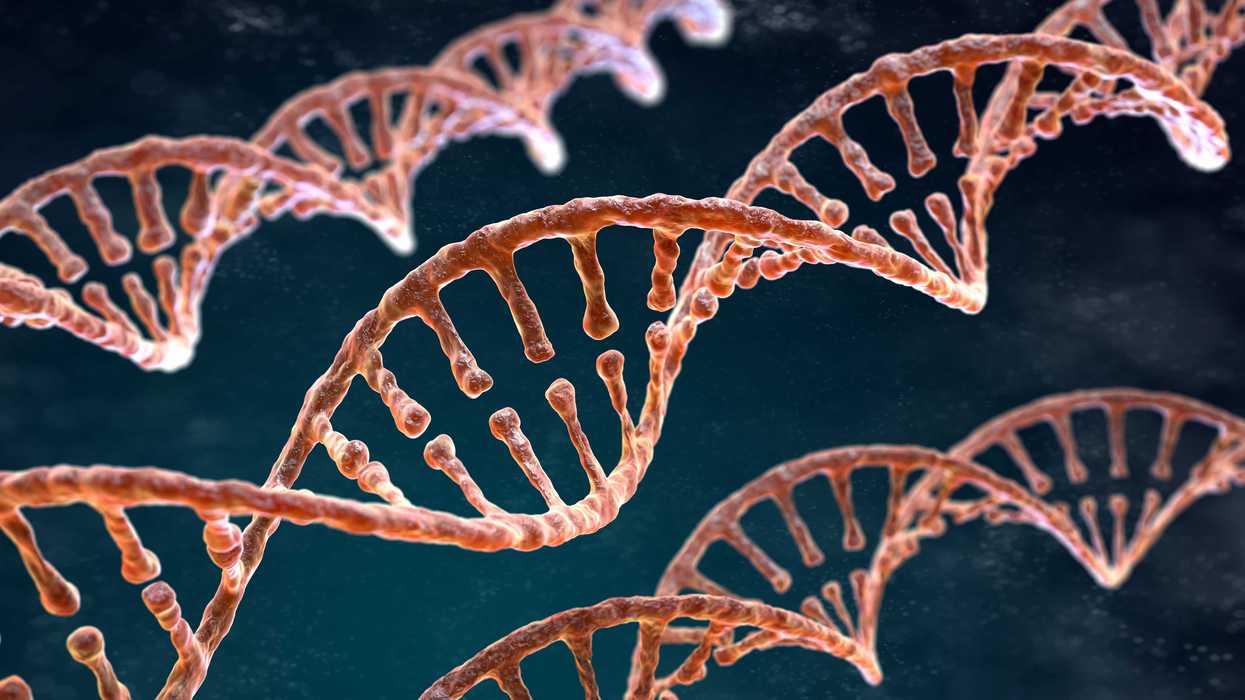The U.S. Environmental Protection Agency has ordered Vermont to revamp its farm regulation system, citing failures in controlling farm-related phosphorus pollution that harms Lake Champlain’s water quality.
Emma Cotton reports for VTDigger.
In short:
- The EPA found Vermont's current split between two agencies regulating farms ineffective, particularly regarding pollution from animal feeding operations.
- Phosphorus from these farms contributes significantly to Lake Champlain's water pollution, with the state failing to meet previous corrective actions mandated by the EPA.
- Vermont's agencies have been asked to develop a clear plan to transition to better management of pollution controls.
Key quote:
“The flaws in this program are preventing Vermont from adequately controlling phosphorus discharges from CAFOs.”
— David Cash, EPA regional administrator
Why this matters:
Phosphorus pollution fuels harmful algae blooms in Lake Champlain, threatening wildlife and water quality. Addressing regulatory gaps could mitigate environmental damage and protect a key natural resource in Vermont.
Related EHN coverage:














